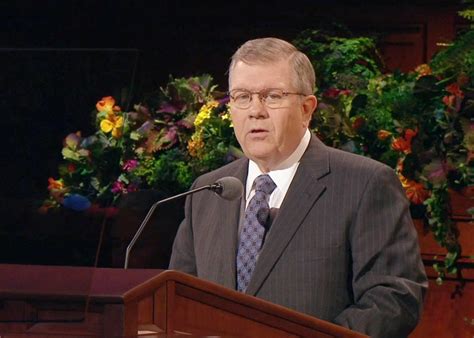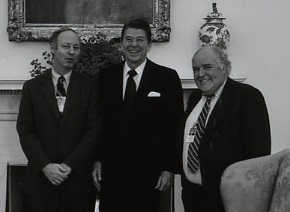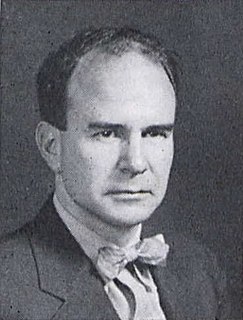A Quote by Charles Spurgeon
The fact is, we sometimes read Scripture, thinking of what it ought to say, rather than what it does say.
Related Quotes
The notion of the enduring authority focuses on the fact that some people think that notions like authority of Scripture's is passé, while others say that the present configuration of the doctrine of inerrancy is a late addition. And to both we want to say, No we're talking about the enduring authority of Scripture, grounded first and foremost in its relevatory status, something given by God and utterly reliable.
In Sufi terms the crushing of the ego is called Nafs Kushi. And how do we crush it? We crush it by sometimes taking ourselves to task. When the self says, 'O no, I must not be treated like this,' then we say, 'What does it matter?' When the self says, 'He ought to have done this, she ought to have said that,' we say, 'What does it matter, either this way or that way? Every person is what he is; you cannot change him, but you can change yourself.' That is the crushing. ... It is only in this way that we can crush our ego.
But I'd rather help than watch. I'd rather have a heart than a mind. I'd rather expose too much than too little. I'd rather say hello to strangers than be afraid of them. I would rather know all this about myself than have more money than I need. I'd rather have something to love than a way to impress you.
As a writer, you're always trying to say the best thing. You're always thinking about what's the best thing to say, and what's the hardest way to say it, and what's the best line? Sometimes the best line is the simplest line. Sometimes the best line is the line that evokes more feeling than actual wordsmithing.





































